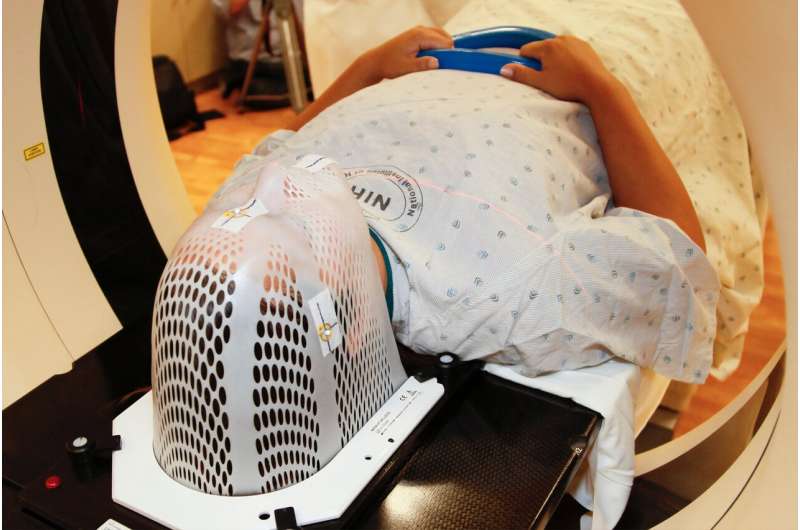Advancements in Adaptive Radiation Therapy Enhance Safety and Quality of Life for Cancer Patients

Innovative adaptive radiation therapy techniques are improving the safety and effectiveness of cancer treatment, preserving patients' quality of life and expanding options for difficult cases like recurrent sarcomas.
Recent developments in radiation oncology have shown promising results in improving treatment safety and preserving patients' quality of life. A pilot study conducted by researchers at Fox Chase Cancer Center, presented at the 2025 American Society for Radiation Oncology (ASTRO) Annual Meeting, highlights the potential of CT-based adaptive stereotactic body radiation therapy (CTA-SBRT) for patients with recurrent cancers, especially those with complex tumors like retroperitoneal sarcomas.
Patients with recurrent retroperitoneal sarcomas often face limited treatment options due to tumor size, location near vital organs, and resistance to traditional radiation doses. These tumors are challenging to treat safely, especially after an initial radiation course has been completed, as further irradiation risks damaging the healthy surrounding tissue.
The study reviewed five patients treated with adaptive re-irradiation between April 2024 and January 2025. Each treatment involved creating two plans: a standard one prepared before treatment and an adaptive one generated from same-day imaging. The adaptive plans consistently outperformed the standard plans, allowing for more precise targeting. Notably, this approach reduced radiation to the small intestine by 21% while increasing tumor doses by 7.7%. Importantly, patients experienced no serious complications or emergency surgeries, and normal bowel and bladder functions were maintained.
At the heart of this progress is the Ethos cone-beam CT adaptive system, which utilizes advanced imaging and AI software to re-optimize treatment plans in real time while the patient remains on the treatment couch. This technology marks a significant shift from conventional radiation therapy, which relies on a pre-designed plan that does not adapt to anatomical changes during treatment. Adaptive radiation allows for adjustments in tumor positioning and treatment dose delivery with each session.
This innovative approach is expanding across various cancer types, including prostate, bladder, liver, pancreas, breast, lung, and head and neck cancers. Fox Chase Cancer Center has established one of the largest clinical trial programs dedicated to adaptive therapy, aiming to make it a standard component of cancer treatment. The multidisciplinary team, comprising radiation oncologists and physicists, has dedicated years to developing infrastructure, clinical expertise, and resources to bring adaptive radiation therapy into routine care.
Looking forward, adaptive radiotherapy offers hope for patients with hard-to-treat cancers and recurrent disease. It represents a paradigm shift toward personalized medicine, where treatment adapts dynamically to the patient's changing anatomy and tumor response, rather than following a fixed plan. The team at Fox Chase continues to follow patients from their initial trials and aims to expand the scope of adaptive radiation therapy through new clinical trials.
Source: https://medicalxpress.com/news/2025-09-therapy-safety-quality-life.html
Stay Updated with Mia's Feed
Get the latest health & wellness insights delivered straight to your inbox.
Related Articles
New Research Launches to Enhance Surgical Treatments for Acid Reflux
A groundbreaking international study by Oxford University compares fundoplication and LINX procedures to determine the best surgical treatment for acid reflux, aiming to improve patient outcomes and reduce side effects.



